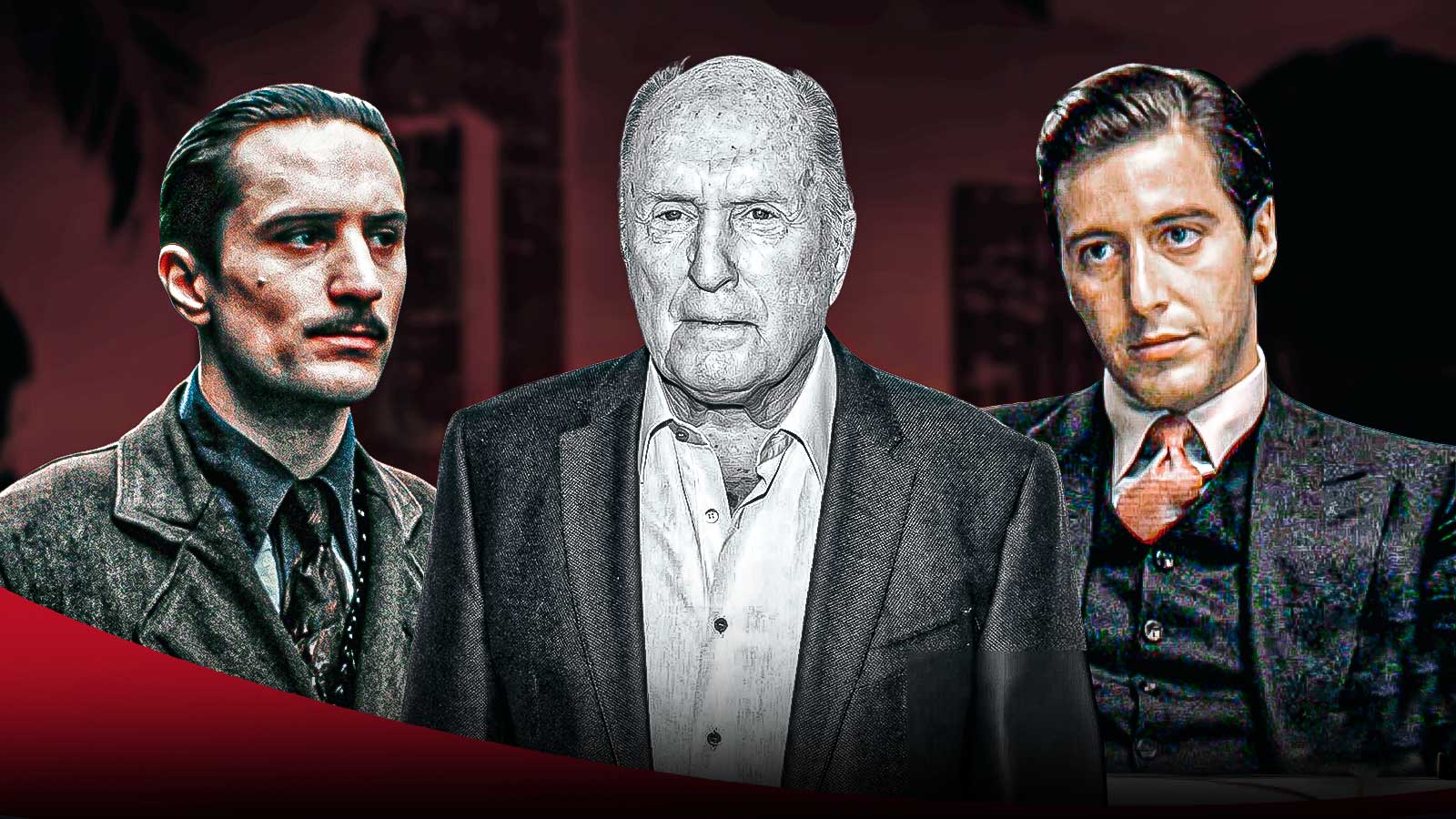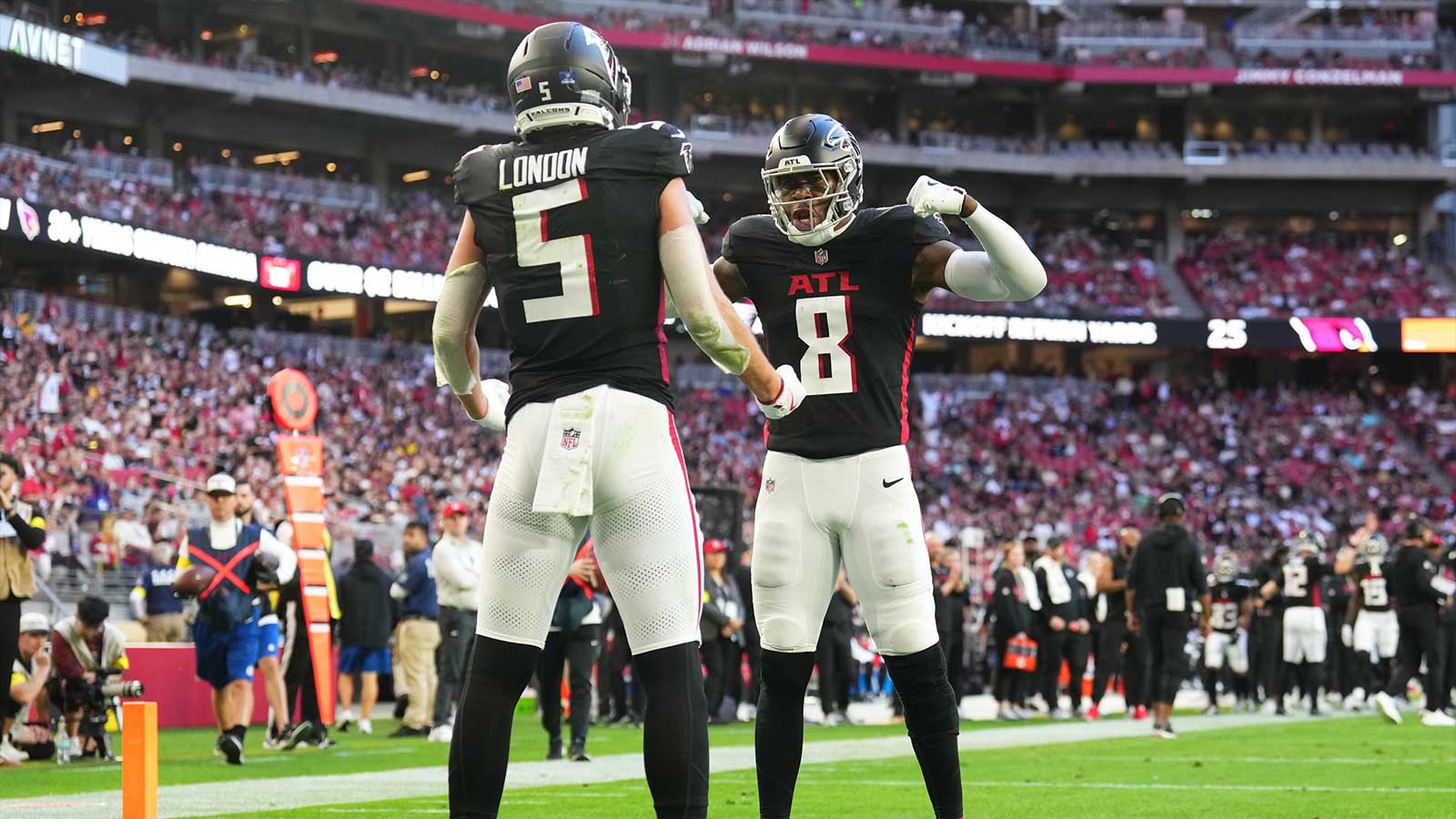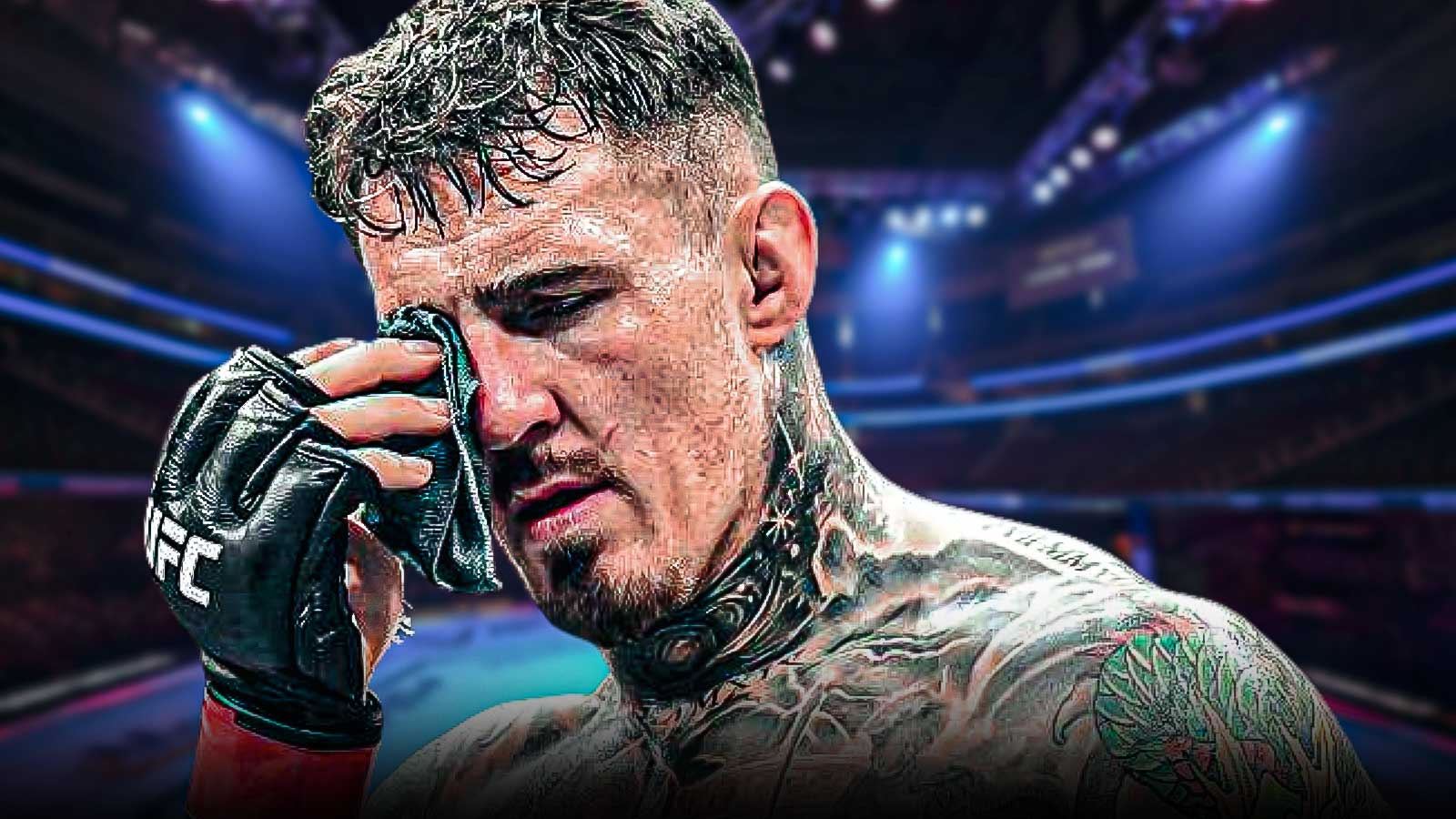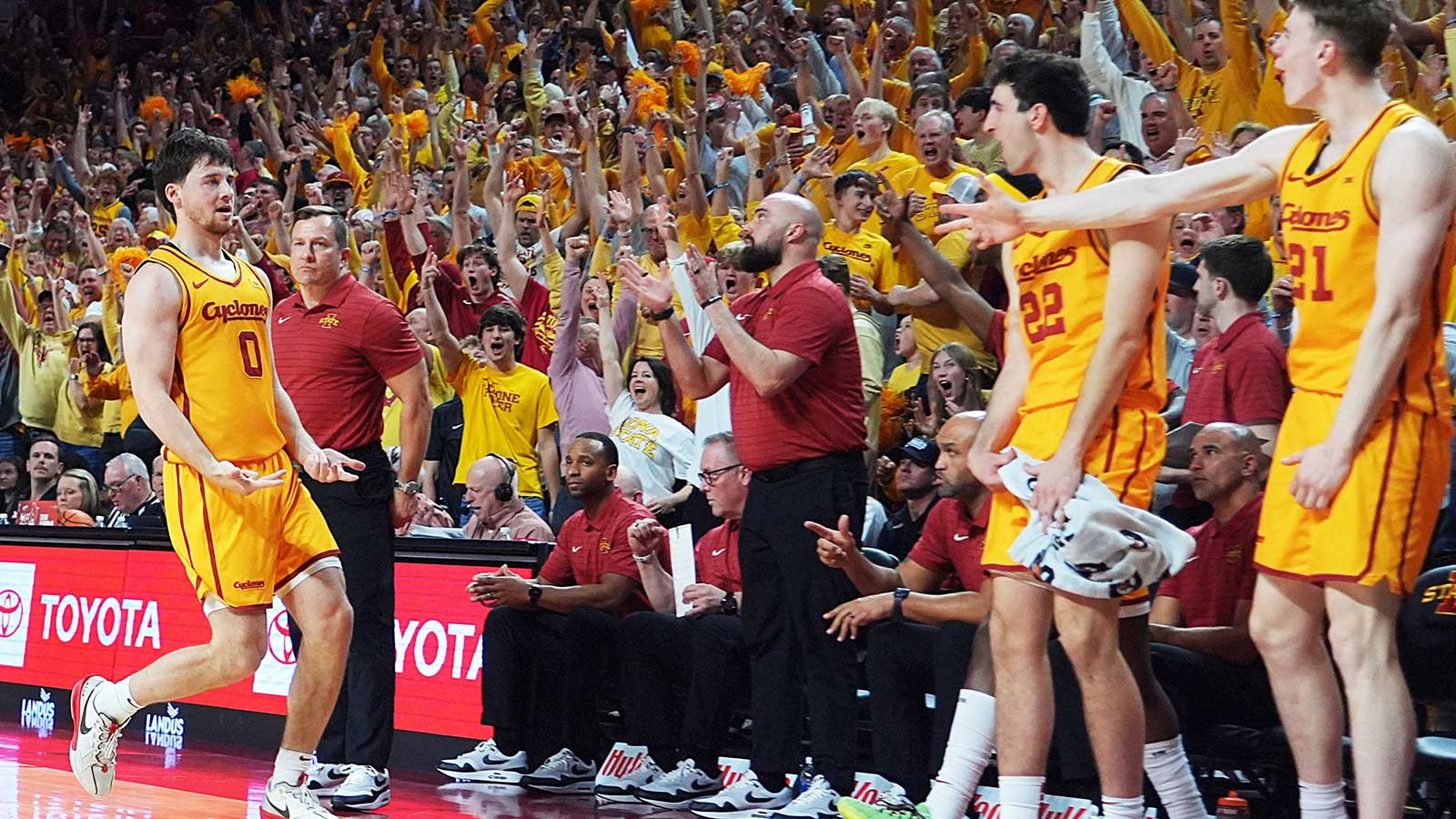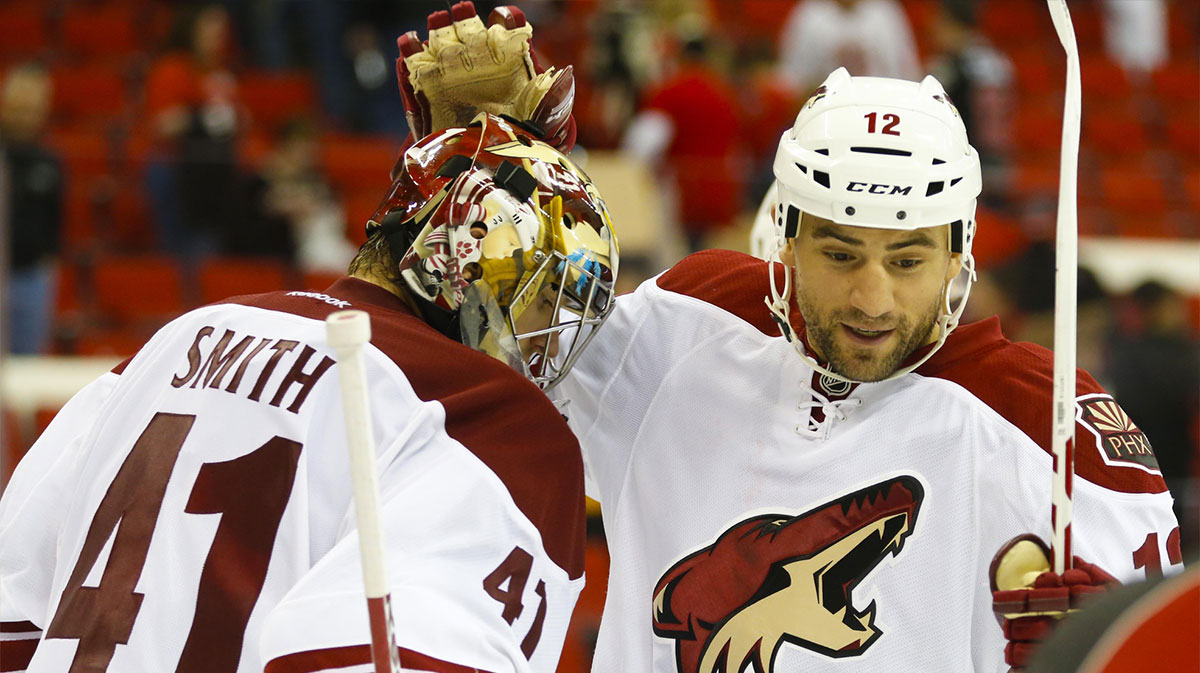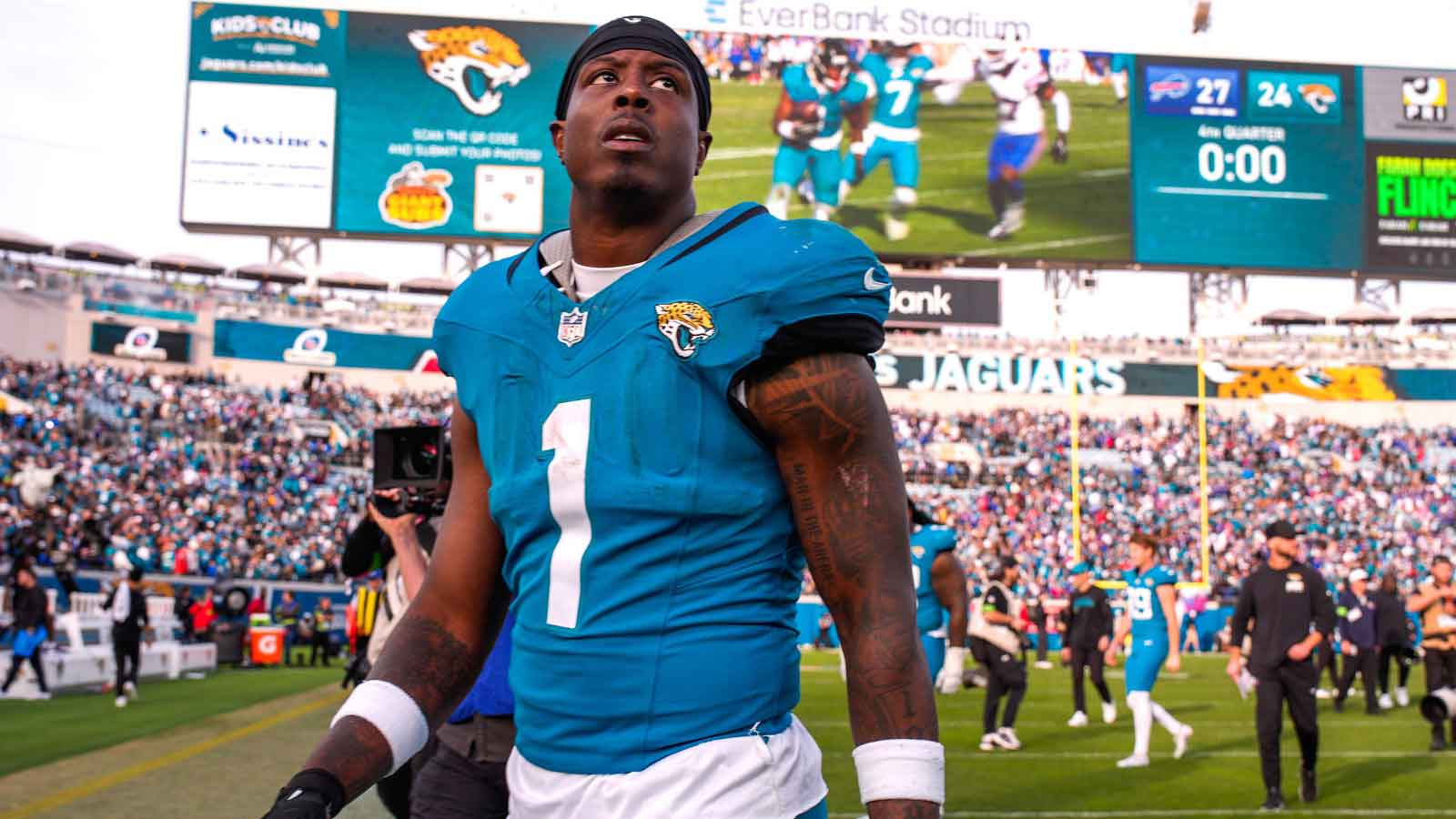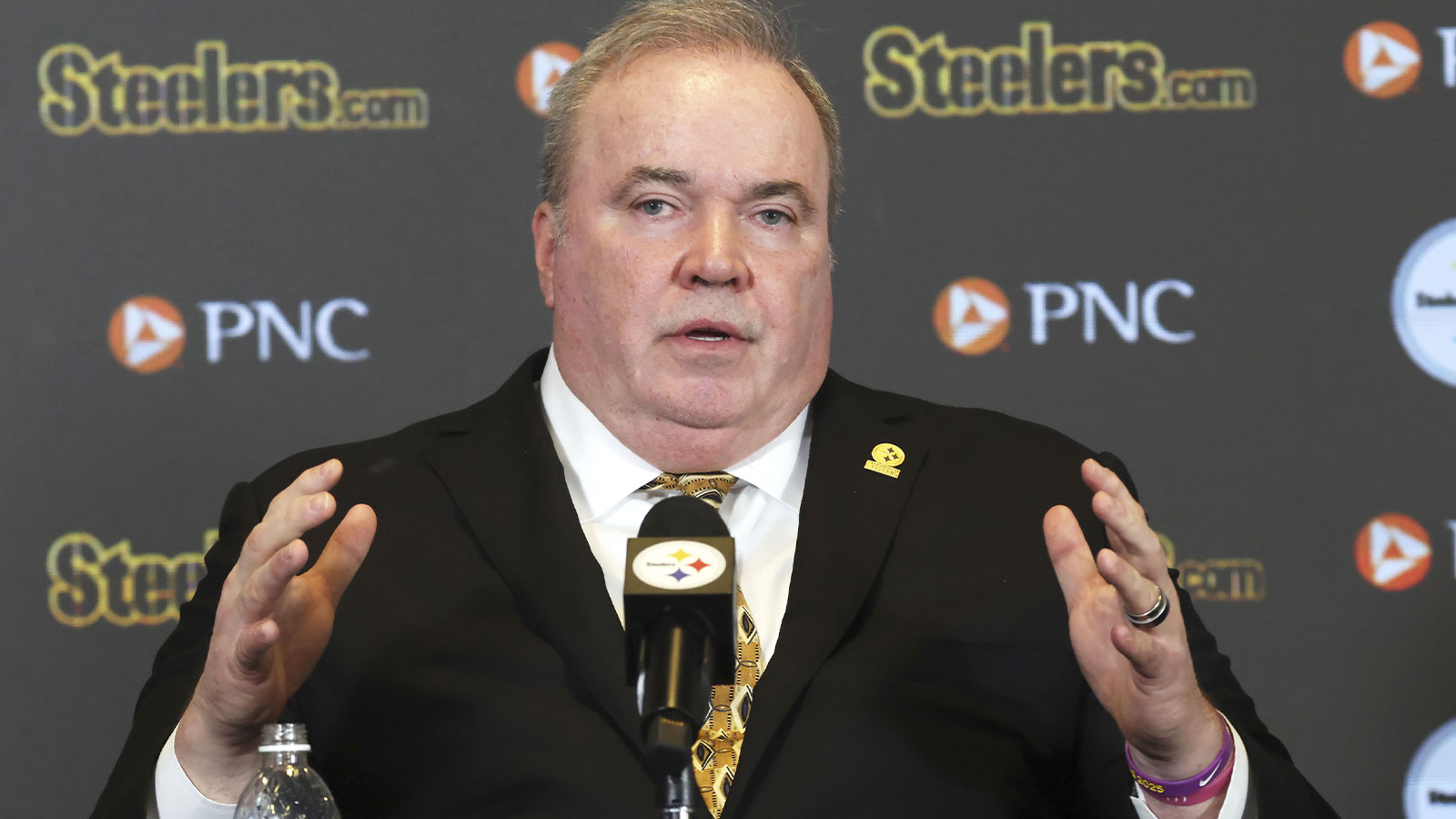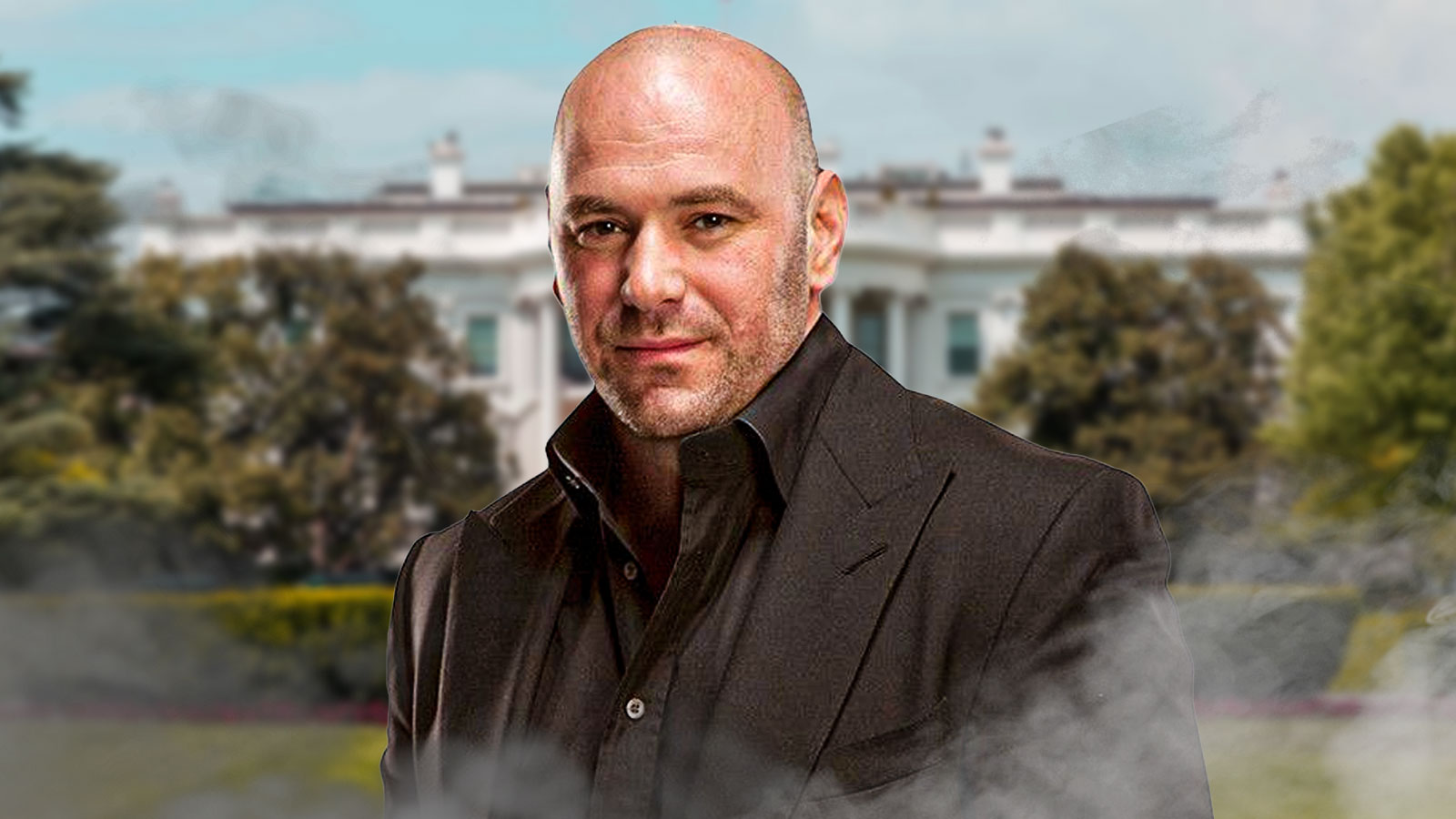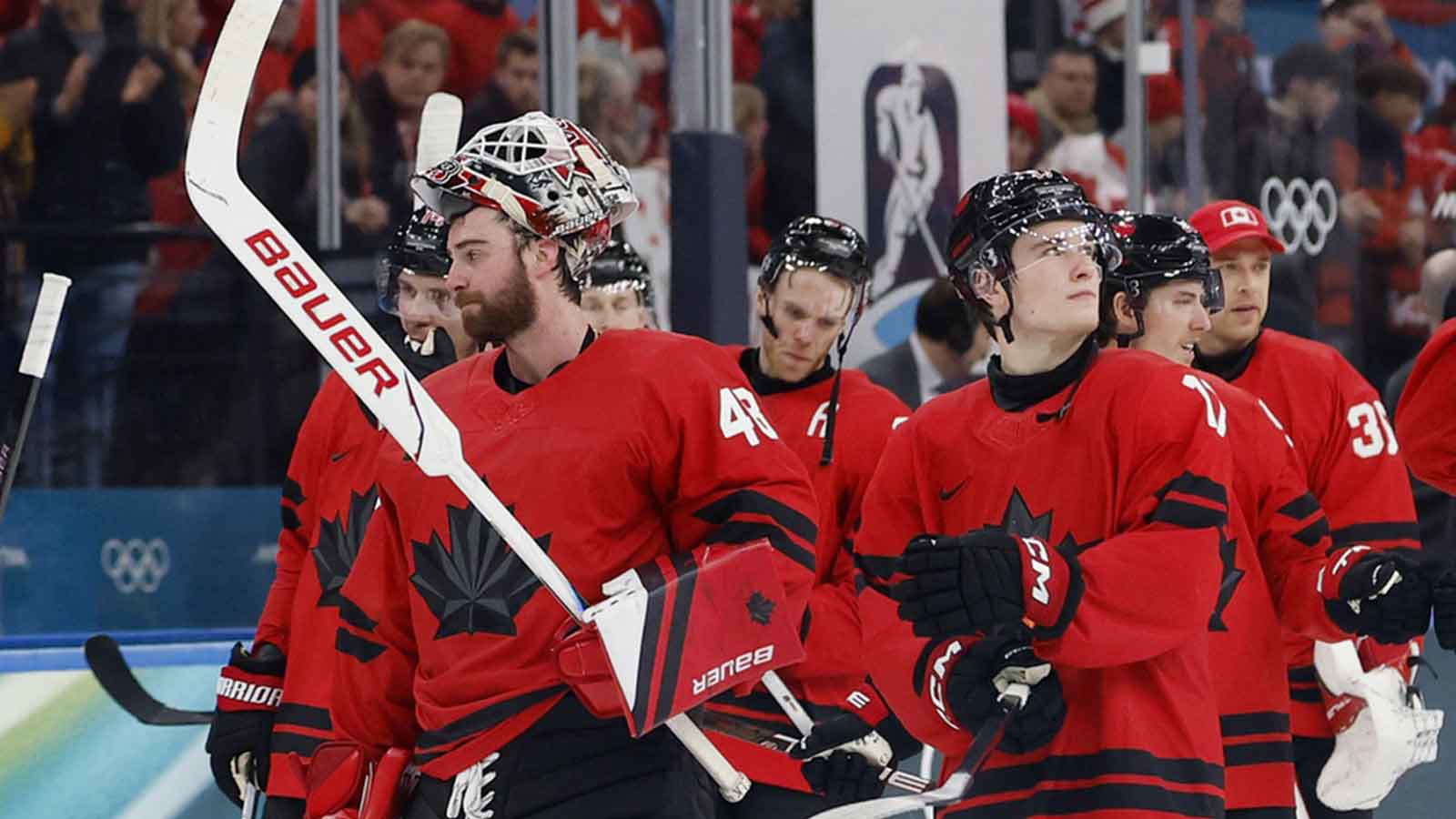The Super Smash Brothers community has always had a bit of a fractured relationship with Nintendo. For years upon years, the company has either been apathetic or even harmful to Smash esports. So when news that the Smash World Tour, organized by VG Boot Camp, was cancelled by Nintendo, many felt like they were reading the same story they've seen before.
As it turns out, though, there's a lot going on behind the scenes, something more… nefarious. Let's take a look what exactly is happening with the Smash World Tour, and the involvement of Panda Gaming in this whole affair.
Overview
On November 29, the Smash community was hit by a stunning announcement from VG Boot Camp, the organizers of the Smash World Tour. In a lengthy Medium post sent to Twitter, the team announced that Nintendo is effectively shutting down their World Tour. This announcement comes just a few weeks before the start of the final tournament.
The Smash World Tour, for the uninitiated, is a circuit of tournaments for both Smash Ultimate and Smash Melee. Players participating in the circuit earn points from affiliated tournaments depending on their placements. The top point-getters then get to play in a final tournament to decide the champion.
Naturally, the gut-punch reaction of the community was to blame Nintendo solely for this announcement. The company has notoriously been a thorn on the side of Smash esports. However, reading through the SWT's announcement, it becomes increasingly clear that a third party might be involved: Alan Bunney and Panda Esports.
Panda Cup and the Smash World Tour
Around the same time that the Smash World Tour was announced, a similar circuit was launched by Panda Esports, dubbed as the Panda Cup. Unlike the SWT, though, the Panda Cup had one big selling point, they were “officially licensed” by Nintendo.
On the surface, this seems like it finally explains why the SWT was shut down: they were “unlicensed”, and Panda Cup was. However, to understand why this is a big deal, we must first understand the origin of Smash esports.
Smash esports, whether it's Melee, Brawl, or Ultimate, is largely a grassroots scene. That means most tournaments are run by people are passionate about the scene, and not by Nintendo themselves. Even the largest Smash tournaments aren't run by or with Nintendo, such as The Big House, Smash Summit, and Genesis.
Nintendo has largely been hands-off with regards to the Smash esports scene, for better or for worse. The few times they've tried to get involved, it's been to try and shut down certain tournaments due to the TOs enabling mods. Since then, there's been a sort of silent agreement between Smash tournament organizers and Nintendo to stay in their own respective lanes.
That all changed, though, when the Panda Cup arrived.
Alan Bunney's involvement in the SWT drama
The Panda Cup's “official licensing” from Nintendo initially scared the Smash World Tour organizers, according to their Medium post. However, their fears were allayed by the company themselves, as they were offered to pursue a similar license of their own. However, as they were gathering tournaments for the circuit, they suddenly encountered a problem with Panda Gaming's CEO Alan Bunney.
The Medium post from VG Boot Camp and the Smash World Tour alleged that Alan Bunney tried to discourage tournament organizers to join the SWT, and instead join the Panda Cup.
“However, we quickly found that many organizers were concerned about joining up in 2022. They told us that they had been told by Alan, the CEO and co-founder of Panda, that we were going to get shut down and were not coming back in 2022… Unfortunately, the attempts from Panda to undermine the Smash World Tour did not stop, as the CEO continued to tell organizers we were definitely not coming back in 2022, and if we did, we’d get shut down shortly after announcement.”
Nintendo reassured the SWT team that these claims from Bunney were unfounded, and that they would continue to work with VG Boot Camp for a license. However, Panda's attempts apparently did not stop, as they would also try to threaten Beyond the Summit to release broadcasting rights to tournaments they wanted in their Panda Cup circuit.
“We were told he made a variety of threats to Beyond the Summit, including shutting down their entire Smash operation in 2023 if they did not eventually join Panda Cup. After BTS held firm, the CEO of Panda warned that they would get Nintendo directly involved, putting broadcast rights for all tournaments in jeopardy.”
Conclusion, and what this means for Smash moving forward
After more stalled discussions with the company about a potential license for 2023 and beyond, the Smash World Tour team were hit with the bombshell news, on the eve of Thanksgiving, no less. Nintendo essentially told the team that they could not operate without an official license, and they would not be given a license for the Smash World Tour Finals this year AND for the entirety of 2023.
Many popular Smash figures on Twitter (even players affiliated with Panda Gaming) have already expressed their disappointment with this announcement. There are calls to boycott the Panda Cup Finals, and some have pledged never to work with Panda Gaming in the future.
I want to see the most opportunities for smash possible. This is fucked.
— ESAM (Stride Esports) (@imESAM) November 30, 2022
I cannot, in good faith, support the Panda Cup Finale after reading about the actions of the CEO of Panda, as well as Nintendo cancelling the Smash World Tour.
As it stands, I'm choosing to drop from the event.
— Tempo🌩️| Axe (@TempoAxe) November 30, 2022
Alan spent several months basically running a protection racket telling TOs including BTS "it'd be a shame if your event got shutdown for being unlicensed" in an effort to scare them into signing onto the Cup.
BTS will absolutely never participate in a circuit led by Alan. https://t.co/8NyqobpHkT
— LD (@LDeeep) November 29, 2022
I think its very important to prioritize making Nintendo change their minds on shutting down Smash World Tour and further events, rather than anything else right now.
The rest can come later.— TSM Leffen (@TSM_Leffen) November 29, 2022
I will never attend a publicly licensed Nintendo or Panda Circuit event ever again. I will continue to support grassroots locals and majors, unaffiliated with Nintendo, that have been the lifeblood of our scene for 20+ years. pic.twitter.com/62cp4HHXiY
— Aiden (@aidencalvin) November 29, 2022
So, what does this potentially mean for the Smash scene moving forward? Well, it's a bit grim. A line from SWT's Medium post reveals the implications of this move for the future of grassroots Smash tournaments.
“As a last ditch effort, we asked if we could continue running the Championships and the Tour next year without a license, and shift our focus to working with them in 2024. We alluded to how the last year functioned in that capacity, with a mutual understanding that we would not get shut down and focus on the future. We were told directly that those times were now over.”
The Smash esports scene largely thrived on grassroots tournaments to foster healthy competition and a strong community over the years. The charm of tournaments like Smash Summit was that it felt like it was made by people who genuinely loved the games. Nintendo's decision to back Panda Gaming's behavior is disappointing, and might have massive ramifications with the community.









